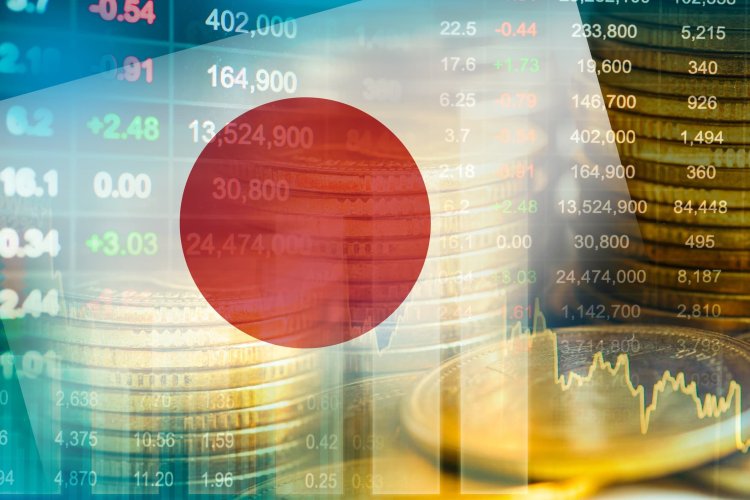Yen Pressure on Bank of Japan

The Bank of Japan was widely expected to keep its ultra-low interest rates unchanged but analysts say the tumbling yen is putting pressure on officials to act.
With the currency at three-decade lows against the dollar, speculation has grown that authorities could intervene in forex markets to provide support for the first time since 2022.
A weaker yen pushes up the price of imported goods, so the BoJ could lift its inflation forecasts and potentially move away from its ultra-loose policies more quickly, according to analysts.
The dollar bought 155.60 yen, having touched 155.75 the previous day -- its highest since 1990.
The central bank ditched its negative interest rate policy in March as it announced its first hike in 17 years, giving a brief lift to the yen.
But officials also suggested there were no more increases on the immediate horizon, tempering the yen's gains.
The currency is among other global units that have fallen against the dollar as a series of above-forecast US inflation data dim hopes for Federal Reserve rate cuts.
This leaves a big differential between the policies of the central banks as the Fed holds rates at two-decade highs while the BoJ continues with its extreme easing.
So even if the BoJ holds steady, any tweaks to its easing programme and the tone of comments from Ueda will be scrutinized for hints on future moves.
Ueda might want to take a long-term view, but "he may not be able to avoid the forex factor", said Hideo Kumano, chief economist of Dai-ichi Life Research Institute.
The BoJ has spent vast amounts on bonds and other assets to pump liquidity into the Japanese economy, targeting inflation of two percent that policymakers hoped would fuel growth.
In March, inflation stood at 2.6 percent.
The institution currently holds $3.8 trillion in JGBs, an amount equivalent to the size of the country's gross domestic product in 2023.















